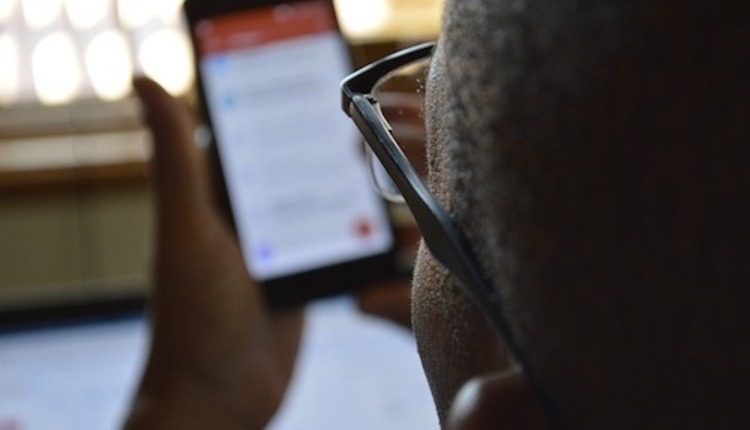The 24-hour fitness center is one of the fastest-growing fitness franchises, billing itself as an alternative to oversized and overpriced health clubs.
But the explosion also has raised concerns about whether people should be working out in a fitness facility unsupervised, especially late at night.
Earlier this year, two Anytime Fitness franchisees in St. Paul, Minnesota, were fined for violating an ordinance that requires an employer or manager qualified in first aid and cardio-pulmonary resuscitation to be on duty at all times a business is open. Anytime Fitness is working with the St. Paul mayor to change the ordinance, passed in the '80s to crack down on prostitution.
New York state law requires health clubs with more than 500 members to have a defibrillator and an employee or volunteer who is certified to operate it and administer CPR during business hours. In recent years, other states, such as Indiana and Arkansas, have made exemptions in their laws to allow card-key gyms outside of hotels and apartments.
Anytime Fitness clubs generally have a staff member on hand from 6:00 AM to 8:00 PM, says spokesman Mark Daly.
Snap Fitness clubs, of which 700 are open and another 800 franchises have been sold, are only staffed between 15 and 24 hours a week, spokesman Patrick Strait said.
``If there were to be some type of accident or, God forbid, heart attack, you need to have someone else in the building that is CPR-certified and trained to assist, says Angela Green, the director of Fitness and Programming at University of Toledo. She adds that people who don't have proper instruction on how to use a piece of equipment increase their risk of injury.
The clubs counter that their facilities are safe, with video surveillance cameras, panic buttons, 911 phones, defibrillators and lanyard to let someone know, I've fallen, and I can't get up!
You are safer working out in an Anytime Fitness center than you are your own home, says Daly. ``If you are alone in your basement, get short of breath, drop a weight on yourself, you don't have access to a panic button on the wall.
Yet some 24-hour fitness centers see a staff person as essential to their success. Tony Wells, chief marketing officer for 24 Hour Fitness, which has 400 locations, points out that there is always someone in the centers to greet members, answer questions about equipment or give them socks or a T-shirt if they left theirs at home.
``We also believe it contributes to the safety and security of our members while they work out, he says.
Despite the safety concerns, 24-hour key-card clubs show no signs of slowing down. Anytime Fitness has expansion plans for Australia. Snap Fitness envisions 2,000 clubs open and sold before the end of the year. By comparison, Bally Total Fitness has about 400 locations.
``I don't think you'll see one take over the other, says Jesse Cannone, a certified fitness trainer in metro Washington, DC, referring to traditional health club versus key-card club.
``A regular health club may be more suited to the beginner, someone who is out of shape or wants amenities that a 24-hour, no-night-staff club doesn't have.











